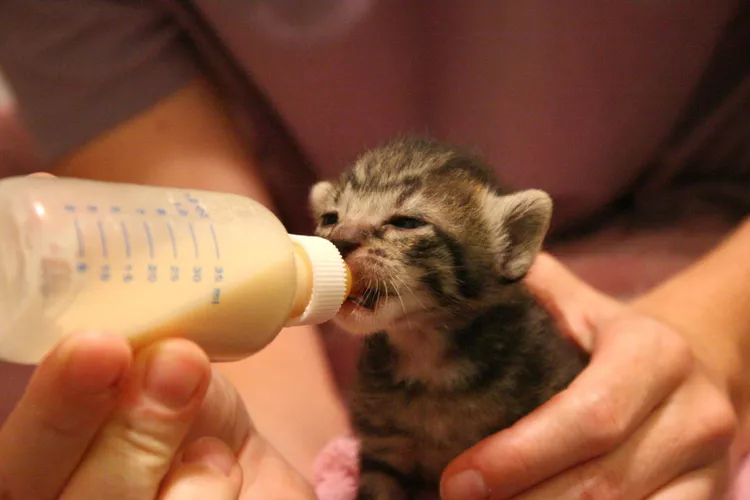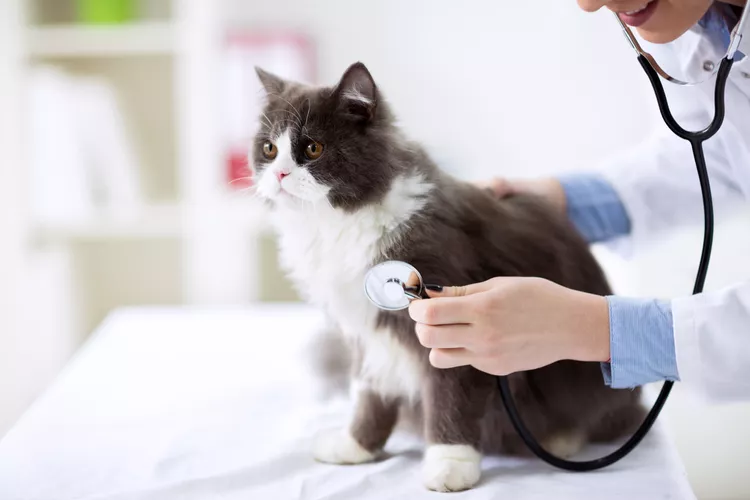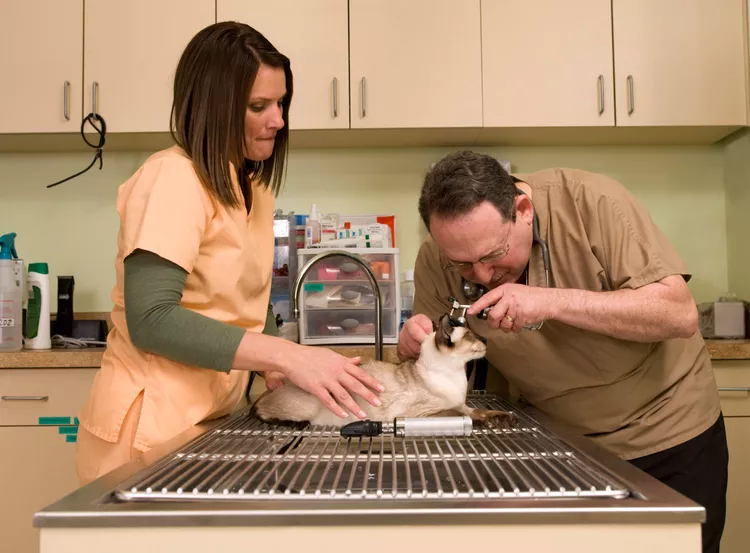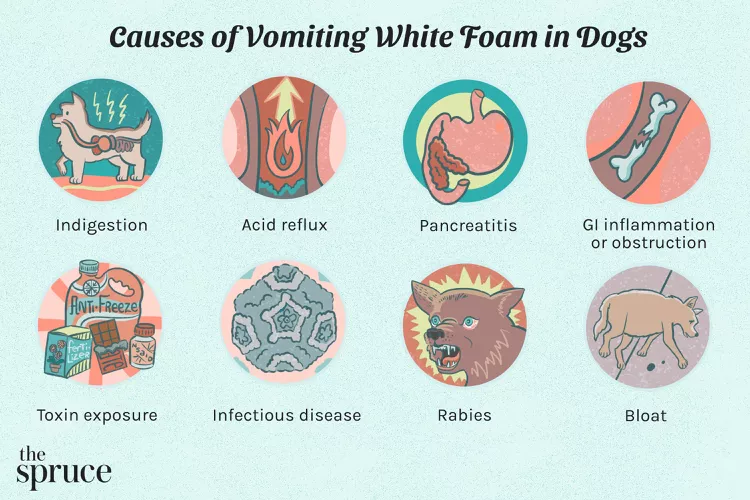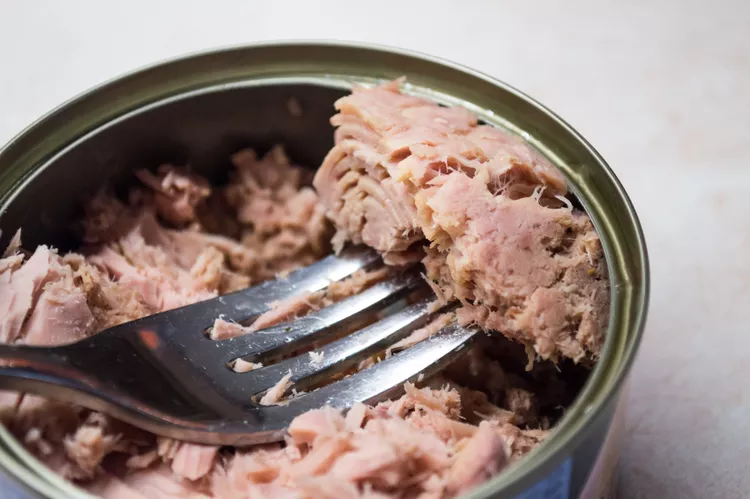Rosemary, Rosmarinus officinalis is a common herb that belongs to the Lamiaceae family of plants. This family is also sometimes called the mint, deadnettle, or sage family. Many of the members of this plant family, just like the rosemary plant, are aromatic herbs used widely in cooking. Other members of this plant family include basil, catnip, lavender, marjoram, mint, oregano, sage, and thyme, just to name several. Rosemary is a common addition to home herb gardens. This may lead you to wonder if it’s safe for your cat to eat.
Is Rosemary Safe For Cats to Eat?
Rest assured, according to the ASPCA animal poison control, rosemary is non-toxic to cats, as well as to dogs and to horses. There are members of the Lamiaceae family that the ASPCA lists as toxic to cats. These include, surprisingly, catnip, lavender, marjoram, mint, and oregano. The symptoms of toxicity of these all include gastrointestinal upset, such as vomiting, diarrhea, and a decreased appetite. Non-toxic members of the Lamiaceae plant family include basil, candle plant, prostrate coleus, sage, both summer and winter savory, Swedish ivy, and thyme.
How Much Rosemary Can Cats Eat?
While rosemary is listed as non-toxic, you shouldn’t let your cat munch on it uninhibited. Rosemary contains a variety of volatile oils including monoterpene, hydrocarbons, camphene, limonene, camphor, borneal, cineole, linalool, and verbinol. These oils, if consumed in a large enough quantity, can cause vomiting, diarrhea, and other GI signs. That being said, most cats won’t eat enough rosemary to cause any discomfort. Rather, they may give a curious nibble or two.
What If Your Cat Eats Too Much Rosemary?
If your cat does decide to eat a large amount of rosemary, even though it’s technically not considered to be toxic you should monitor your cat closely for any GI signs. These can be things as blatant as vomiting, diarrhea, or inappetence. More subtle signs of GI discomfort can include the non-specific symptom of lethargy or just laying around more and not acting like themselves. If you do see any of these symptoms, seek veterinary care.
Are There Any Health Benefits?
In animal studies, rosemary has been shown to help conventional therapies for cardiac conditions such as hypertrophy or decreased function. However, these have been limited rat studies, so we don't seem to have any reputable evidence to definitely say that rosemary has health benefits for cats.
What About Rosemary Essential Oil?
Essential oils are toxic to cats and should not be used topically or aromatically around them. Rosemary essential oil should never be applied to your cat as they can easily groom the oil off of them and ingest it. Not only can ingesting rosemary essential oil cause vomiting and diarrhea, but the ultra-concentrated oils being ingested can cause depression of the central nervous system. This can cause a drop in heart and respiratory rate and can even cause seizures.
Essential oil diffusers work by aerosolizing the concentrated oils but were your cat to inhale these aerosolized oils, this can cause respiratory tract irritation as well as vomiting and diarrhea. Signs of respiratory tract irritation can include a watery nose and eyes, drooling, and difficulty breathing.


